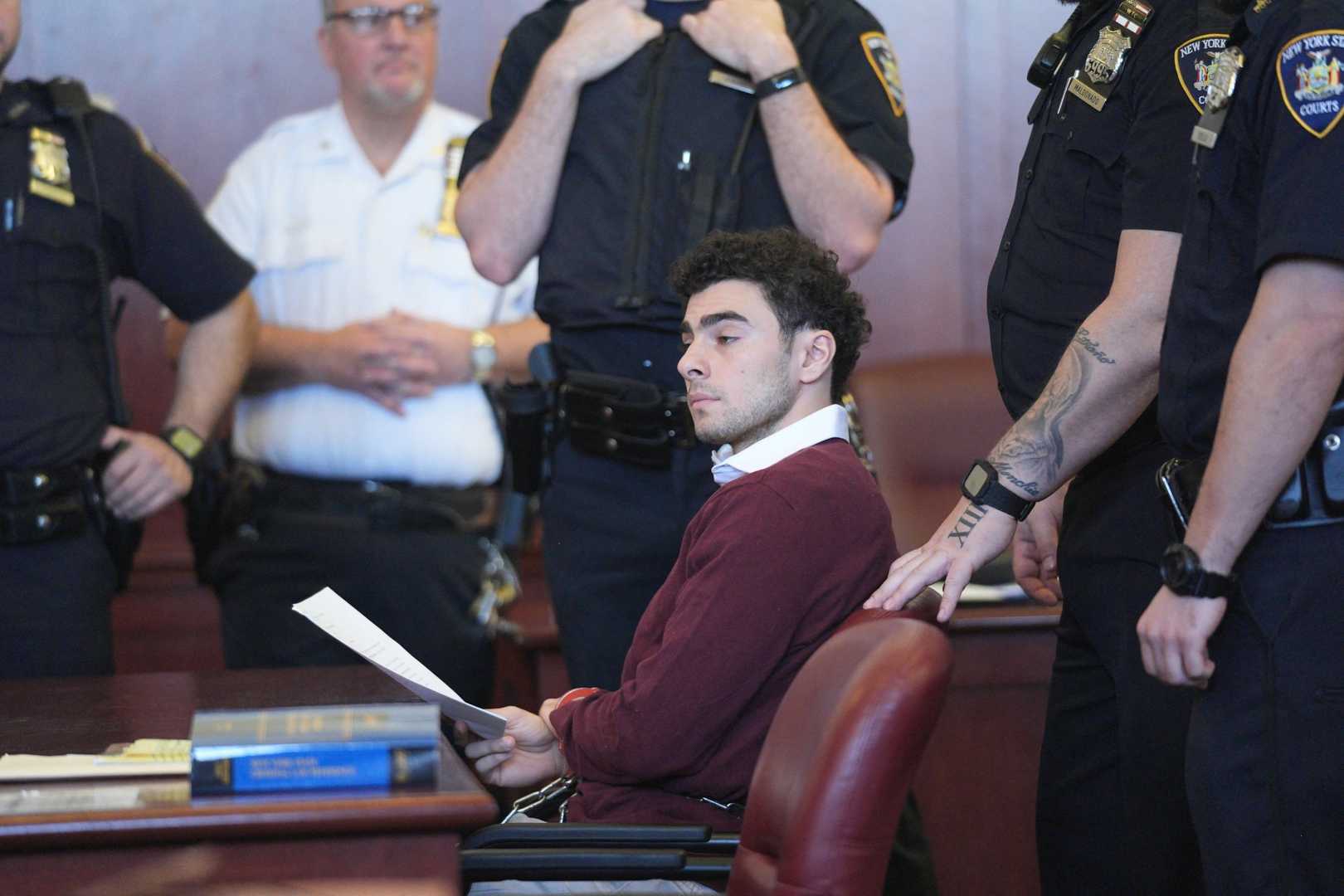News
Trial Stalled for Man Accused of Killing Healthcare CEO in NYC

NEW YORK — The trial of Luigi Mangione, accused of fatally shooting UnitedHealthcare CEO Andrew Witty outside a New York City hotel, has been delayed until mid-February as attorneys requested additional time to prepare. The case, which has drawn national attention, raises questions about jury impartiality and the potential for ‘jury nullification’ due to public sentiment against insurance companies.
Mangione’s defense team, led by attorney Karen Friedman, has repeatedly expressed concerns about his ability to receive a fair trial. In a letter to the court, Friedman argued that government officials have made prejudicial statements about her client, treating him as a ‘sideshow’ and ‘parading him around.’ The judge has assured that jury selection will be conducted carefully, but Friedman remains skeptical, citing Mangione’s growing notoriety and public sympathy for his alleged motives.
Legal experts have weighed in on the possibility of jury nullification, a phenomenon where jurors acquit a defendant despite evidence of guilt due to disagreement with the law or sympathy for the defendant. Clay S. Conrad, author of ‘Jury Nullification: The Evolution of a Doctrine,’ told InTouch Weekly that he would not be surprised if jurors sympathetic to Mangione’s cause influenced the outcome. ‘The jury selection process is designed to eliminate bias, but in this case, public sentiment could play a significant role,’ Conrad said.
Prosecutors have presented a 3D-printed gun found in Mangione’s backpack, which matches shell casings from the crime scene, as well as fingerprints on a water bottle and protein bar packaging. Despite this evidence, Mangione maintains his innocence, pleading not guilty to charges of murder and terrorism.
Gregory Germain, a professor at Syracuse University College of Law, cautioned against letting public sentiment override justice. ‘Most of us hate insurance companies and have had difficult experiences dealing with them, but that doesn’t mean we think people should be going around murdering insurance executives in the street,’ Germain told reporters.
The trial, now set to resume on February 17, continues to captivate public attention as legal experts and observers debate the potential for an unprecedented verdict.












